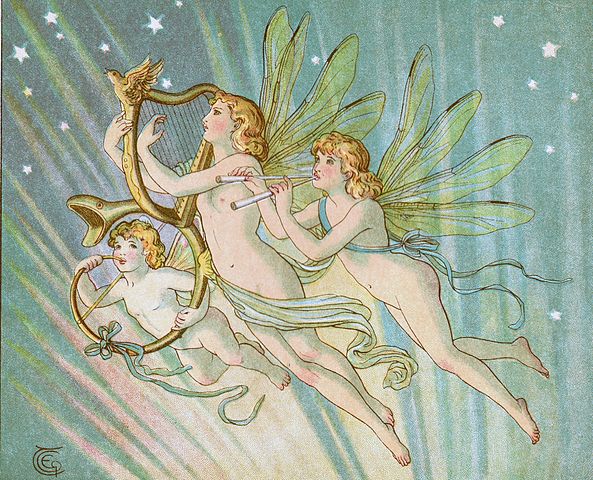Class 1.1: Where is the Truth?
Methodology of Scientific Research
Andrés Aravena, PhD
February 18, 2022
How do you know?
Tell me…
Do you smoke?
Is it healthy?
Why?
How do you know?
Tell me…
Did you get vaccinated?
Why?
How do you know?
Do you believe in …
- Ghosts
- Fairies
![]()
- Germs
- Climate change
- UFO’s carrying aliens
- Atoms
How do we know what we know?
First approach
First approach: Perception
We see, we hear: Empirical Truth
We perceive the world with our 8 senses
- Sense-Certainty
- see to believe
But …
Are they parallel?
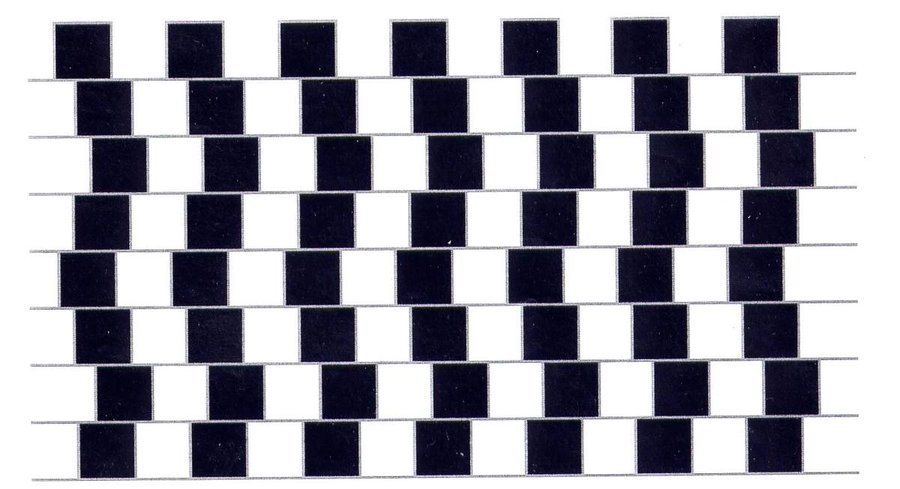
Are they parallel?
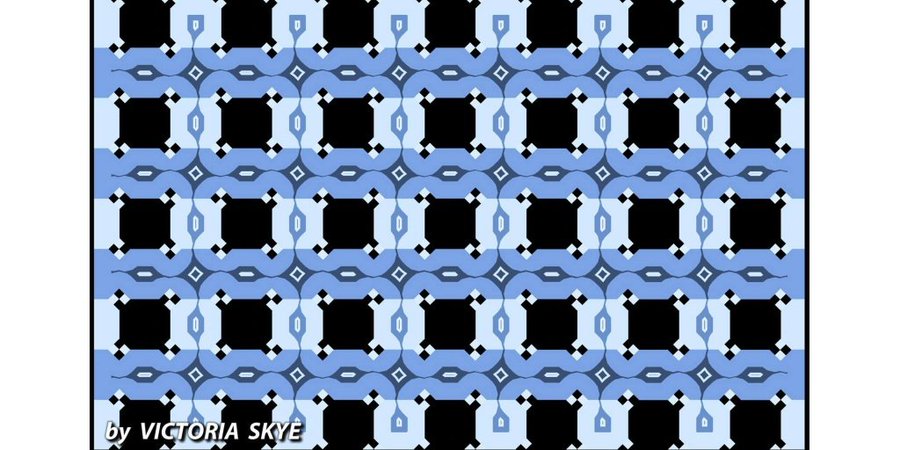
Which blue circle is bigger?
Which one is bigger
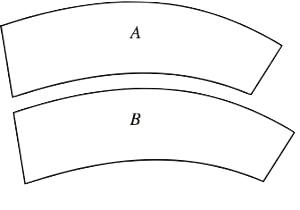
Which color is the dress?
Google “The Dress”, and watch “The Dress is Bloie”
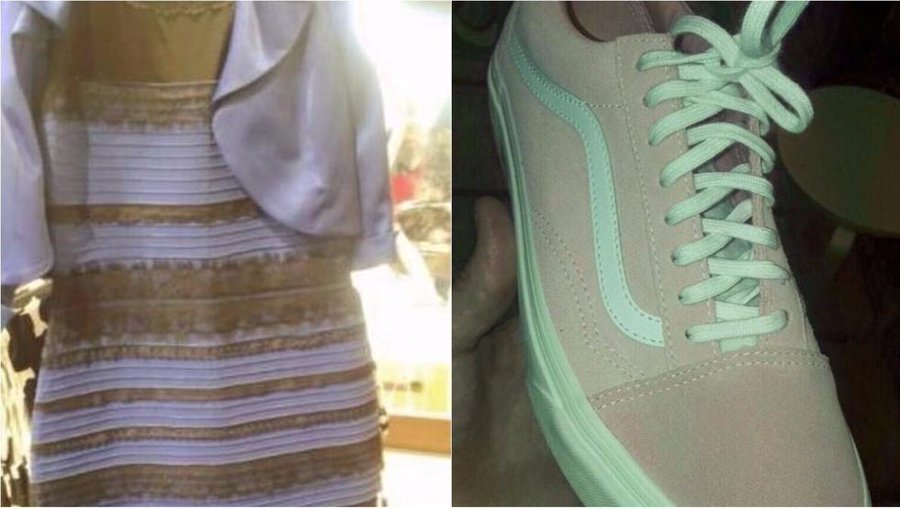
How many colors
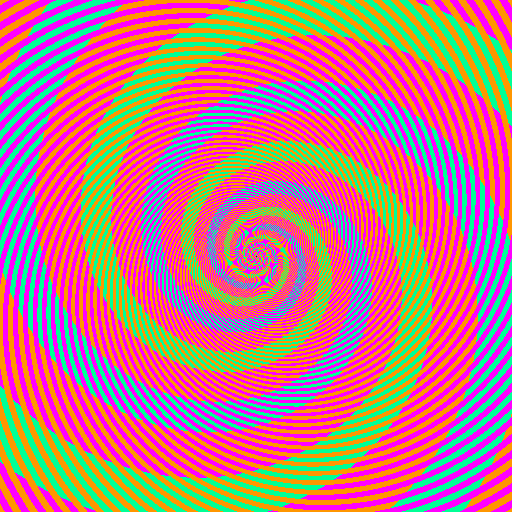
Are A and B the same color?
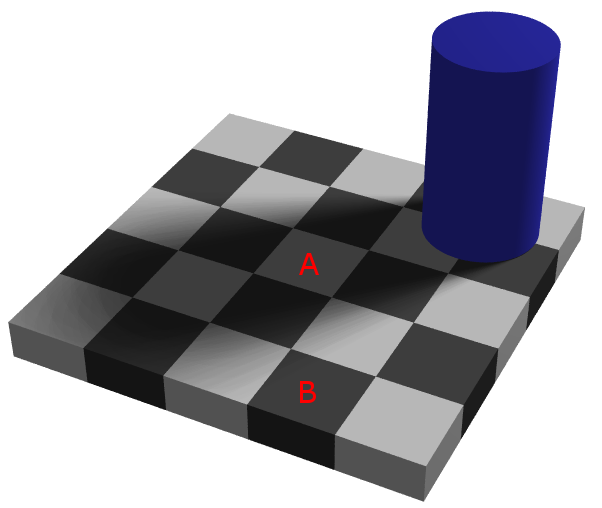
Black or white dots?
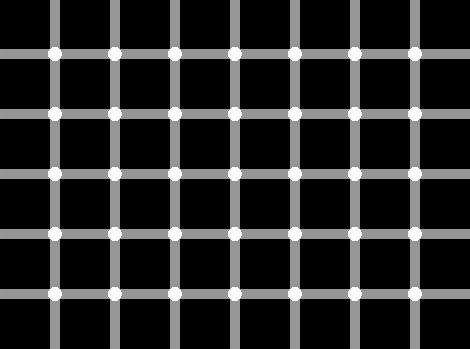
Do the lines cross?
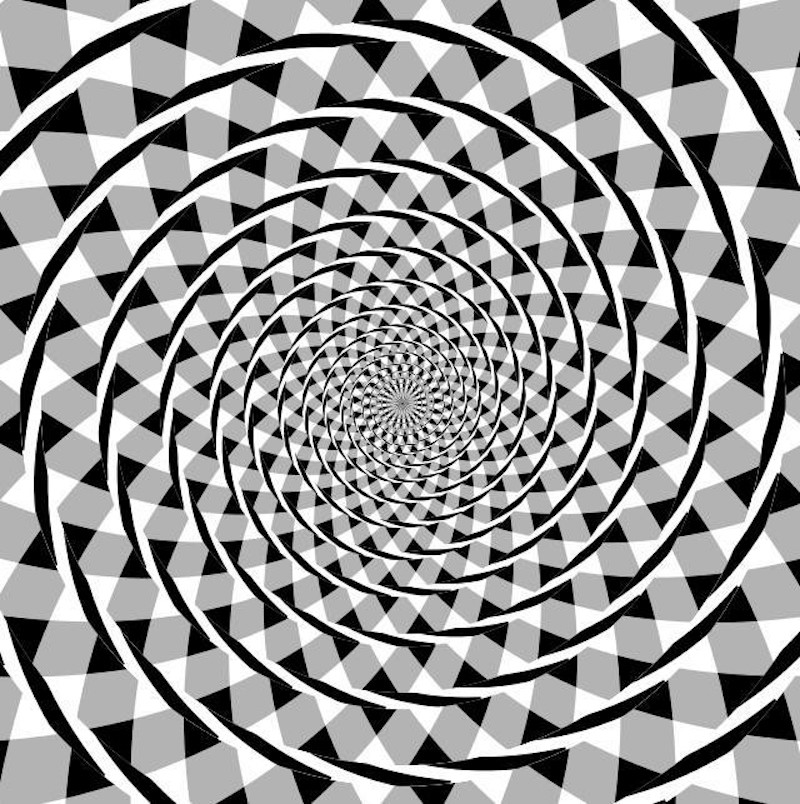
Do they cross?
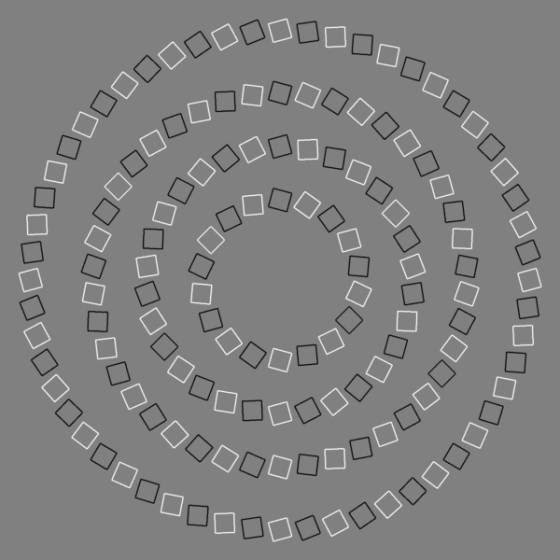
Is this a movie?
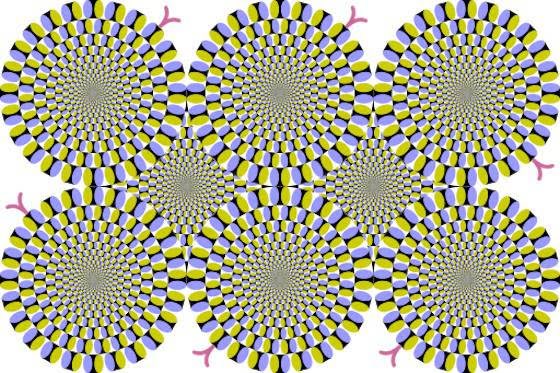
Does this move?
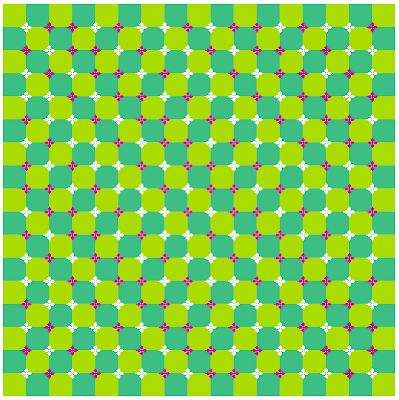
Does this move?
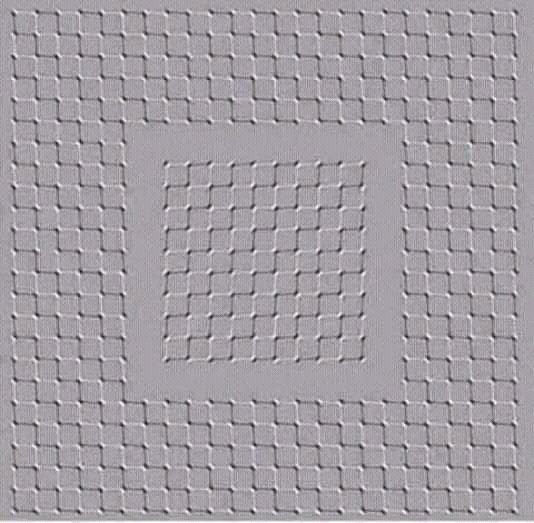
Does this move?
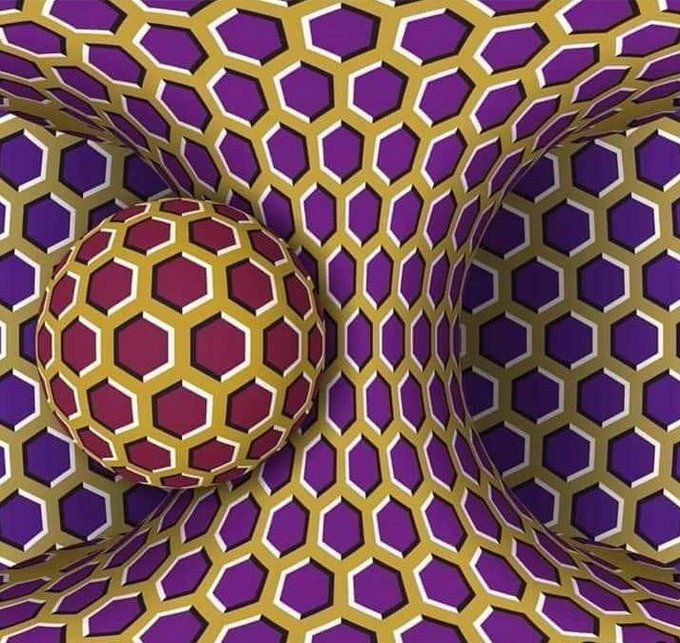
Does this move?

Does this move?
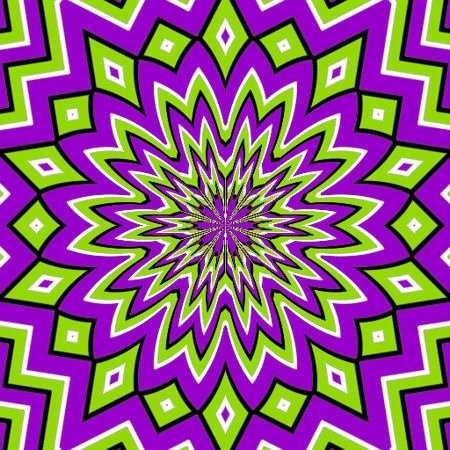
We cannot trust our senses
We can have optical illusions
Illusions are not only optical
Put one hand in hot water, the other in cold water
Then put both in warm water
Perception depends on our expectations
Have you ever seen someone that was not there?
Moreover…
We dream
and we don’t know that we are dreaming
Our mind cannot be trusted
When we dream, we don’t know that we are dreaming
We cannot even trust our memory
False memories can be implanted
We can experience Déjà vu
Some research about false memories
Michaelian Kourken “Confabulating, Misremembering, Relearning: The Simulation Theory of Memory and Unsuccessful Remembering”. Frontiers in Psychology 7 (2016) DOI 10.3389/fpsyg.2016.01857
The work of Elizabeth Loftus
We have Incomplete information
“The Earth is flat”
We only see part of reality
Our experience is limited
- Our friends are like us. It seems that everybody agrees with us
- At our scale, the Earth is flat, the mountains do not change, and atoms do not exist
Our vision is “local”
We only see our neighborhood of the network, where everybody looks like us

The Earth looks flat
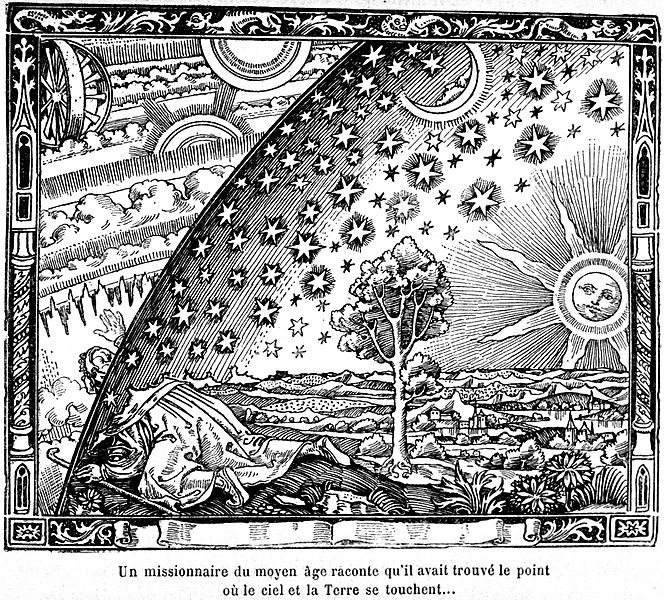
- Today some people believe that Earth is flat
- Some people believe that old people believed the Earth is flat
Our senses can fool us
- Optical illusions
- Dreams
- Incomplete information
Distrust of senses
The body is dirty, the soul is pure
Plan B: Rational view
“Truth emerges from Reason”
Idea represented by
- Aristotle
- logic syllogism
- Euclid
- geometry
- axioms
- theorems
Both aim to Separate Essence from Accident
But people can disagree…
It is common that philosophers disagree on their reasoning
They start from different hypotheses
They use the same words with different meanings
Their logic may not be solid
Maths solves this problem
Hypothesis are clearly defined
Meaning of words are clearly defined
Uses well defined logic
At the cost of loosing contact with reality
Math is not about nature. It is all imaginary
Math only exists in our minds
Math is the ultimate Humanist discipline
Mathematics
Rational thinking chemically pure
Feelings are not important, but truth feels good
Beauty is not important, but truth is beautiful
Abstraction disconnects from details
Separate Essence from Accident
Correct reasoning is hard
The priority of our organism is
- Survival
- Save energy
So fast and gut decisions are automatic
- Most of the time we use the cheap intuitive system
- Rational thinking (i.e. math) is not spontaneous
Instead of thinking, we “guess” or “ask someone else”
Plan C: Truth from authority
“My dad is always right”
“Someone told me…”
Most of our knowledge comes from other people
Our parents
Our professors
Books
Scientific papers
Authority
“Truth from authority”
Medieval/feudal point of view
“Aristotle was the most intelligent man, he must be right”
Knowledge is in “The Books”
Catholic church was built on this premise
Political power liked it: “the boss is always right about everything”
Research Question 1
The “official” history is from a European point of view.
What can we say from the Middle-East point of view?
But how do they know?
This approach just delays the question
If our knowledge comes from someone else, how did they know what is true?
Is rationality enough?
Extramission theory of vision?
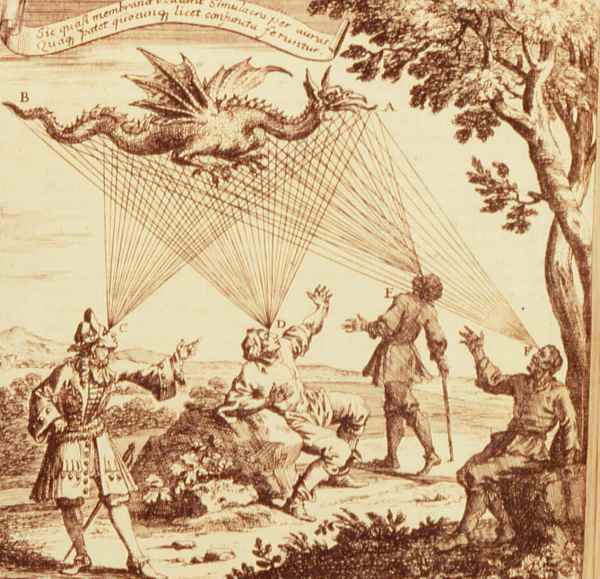
- A theory accepted by Plato, Euclid and others
- The eyes emit a “gentle” fire that touches the objects we see
- We need to mix with another fire to see
- like the sun
- or a campfire
Geocentric model of the planets
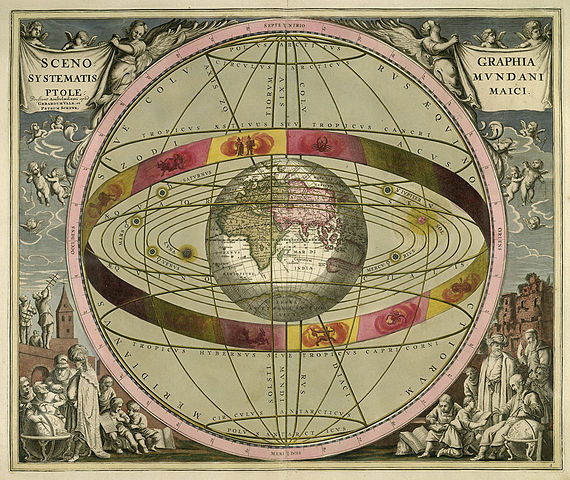
People believed that Earth was inside crystal spheres
- Stars were in a steel sphere
- When we find a fallen star, it is made of steel
- common prefix: “sider”
Fire, earth, water and air
All material is a mix of these four elements.
For example
- Wood is made of fire and earth.
- Burning wood separates the fire
- leaving only earth (ash) behind
Humor theory
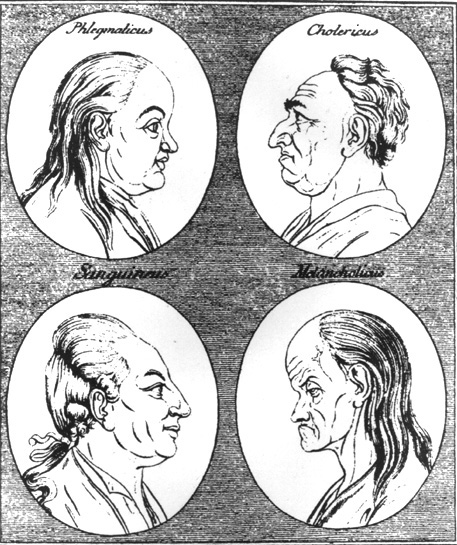
Excess or deficiency of any of four distinct bodily fluids (humors) influences temperament and health
- Classic Greek, Roman, Persian and Indian (Ayurveda)
- Blood, Yellow bile, Black bile, Phlegm
- Hippocrates (born c. 460 B.C.E.)
- Galen (b. 129C.E. Asia Minor)
- Bloodletting used until the 19th century
Today: Conspiracy theories

- Apollo moon landings were staged
- Weather control
- GMO research is fake
Today: Conspiracy theories
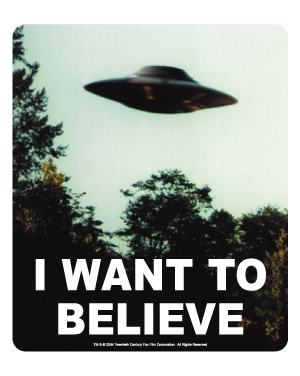
- Roswell UFO incident
- Area 51
- Kennedy assassination
- 9/11
Research Question 2
What other things are believed by smart people despite evidence on the contrary?
What Aristotle did not knew
The age of discoveries showed that the old books did not have all answers
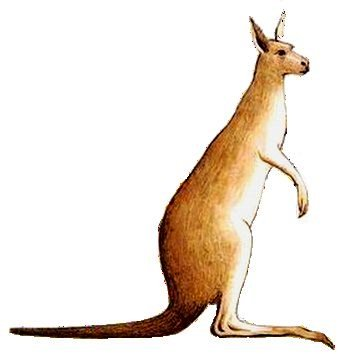
- What about America?
- What about Australia?
Where is the Truth?
The Truth is Out There
